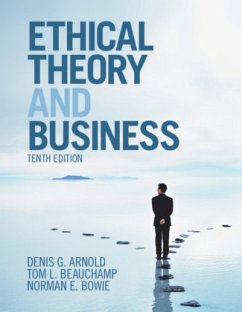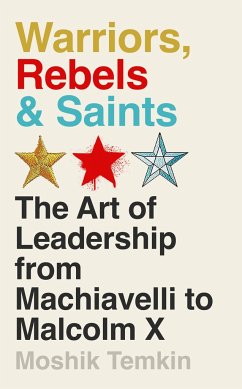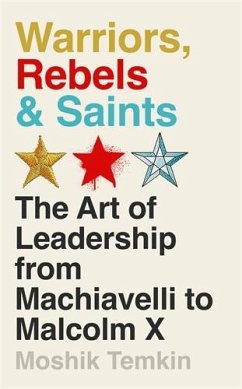
Grow the Pie
Versandkostenfrei!
Versandfertig in 2-4 Wochen
47,99 €
inkl. MwSt.
Weitere Ausgaben:

PAYBACK Punkte
24 °P sammeln!
Should companies be run for profit or purpose? This book shows how they can deliver both - based on rigorous evidence, not wishful thinking, and an actionable framework to put purpose into practice. It explains how managers, investors, and policymakers can reform business to serve society, and how citizens can play their part.
Dieser Artikel kann nur an eine deutsche Lieferadresse ausgeliefert werden.














